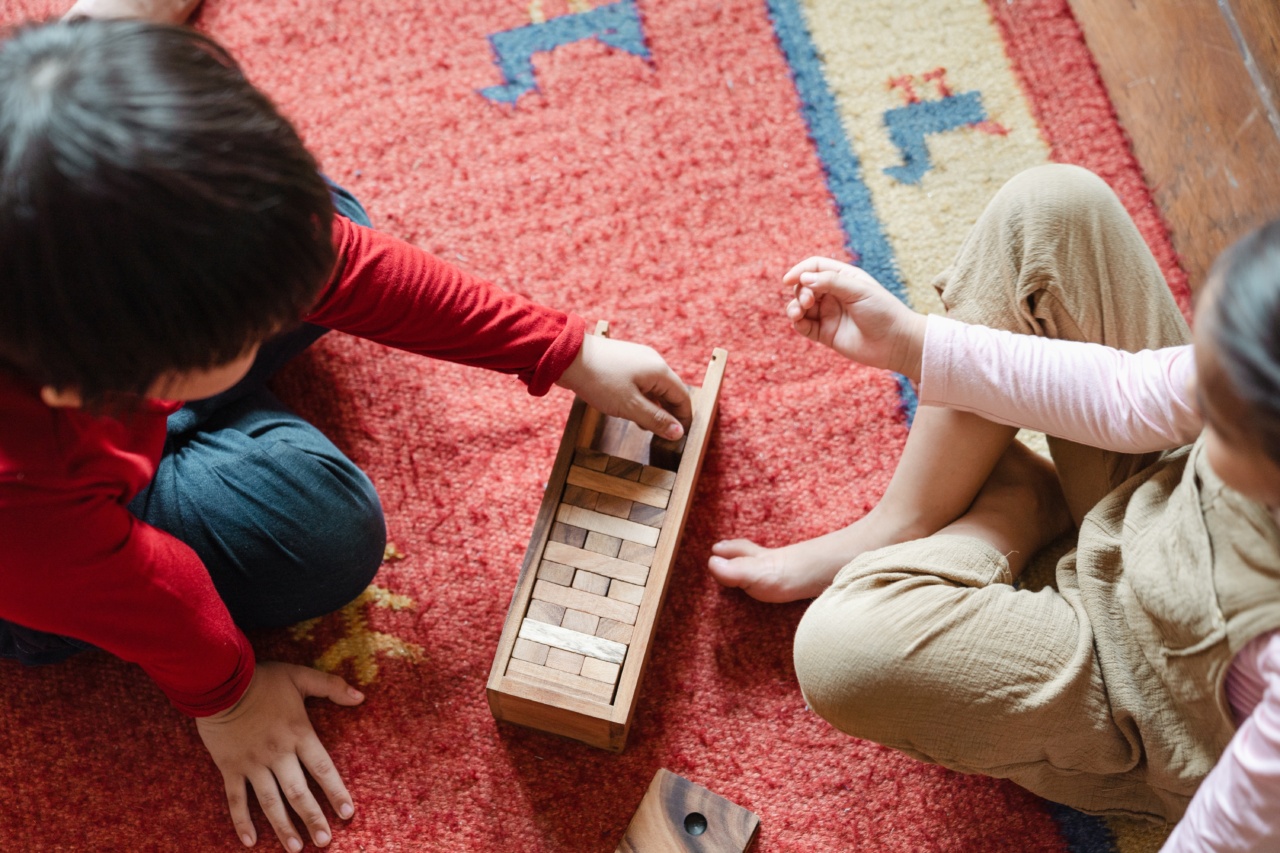Goal-setting is a fundamental life skill that all children should be equipped with. It is a powerful tool that enables children to take control of their lives, develop self-discipline, and cultivate a sense of direction.
By empowering our children with the skill of goal-setting, we provide them with the tools necessary to achieve their dreams and build a successful future.
The Benefits of Goal-Setting:
Goal-setting offers various advantages for children’s personal growth and development. Firstly, it helps them develop a sense of purpose and direction.
When children set goals, they define what they want to achieve, which gives them a clear focus and motivates them to take action. This clarity of purpose enhances their decision-making skills and allows them to prioritize their activities.
Furthermore, goal-setting teaches children the importance of self-discipline and perseverance. Setting goals cultivates a sense of responsibility and determination, as children learn to stay committed and dedicated to their objectives.
They understand that success often requires effort and resilience, which are crucial life skills that can benefit them in all aspects of life.
Additionally, goal-setting promotes self-confidence and self-esteem. When children set achievable goals and witness their progress towards them, it boosts their belief in their abilities and fosters a positive self-image.
This psychological boost empowers children to overcome obstacles and challenges, leading to an increased sense of confidence in their own capabilities.
Teaching Goal-Setting to Children:
It is never too early to introduce goal-setting to children. By teaching them this valuable skill at a young age, we lay the foundation for their future success.
Here are some effective strategies to empower children with the ability to set and achieve their goals:.
1. Start with Simple Goals:
Begin by encouraging children to set simple and attainable goals. This could involve completing small tasks, such as finishing their homework on time or cleaning their room.
By setting achievable goals, children experience early successes, which motivate them to take on more significant challenges in the future.
2. Make Goals Specific and Measurable:
Help children define their goals in clear and specific terms. Encourage them to identify what they want to achieve, why it is important to them, and how they will measure their progress.
This helps children develop a concrete action plan and track their accomplishments along the way.
3. Break Goals Down into Steps:
Teach children the importance of breaking larger goals down into smaller, manageable steps. This approach enables them to create a roadmap towards their objectives and prevents them from feeling overwhelmed.
By focusing on one step at a time, children can navigate the path towards achieving their goals with confidence.
4. Encourage Regular Review and Reflection:
Help children understand the importance of regularly reviewing and reflecting on their goals. Encourage them to assess their progress, make any necessary adjustments, and celebrate their achievements.
This reflection process instills a sense of accountability and allows children to learn from their experiences, fostering ongoing personal growth.
5. Model Goal-Setting Behavior:
As parents, teachers, or caregivers, it is essential to lead by example. Model goal-setting behavior by setting and pursuing your own goals.
Share your experiences, challenges, and successes with children, demonstrating that goal-setting is a lifelong skill that applies to everyone. When children see goal-setting in action, they are more likely to embrace and practice it themselves.
The Role of Goal-Setting in Academic Achievement:
Goal-setting is particularly crucial in the context of academic achievement. By setting academic goals, children can enhance their motivation, focus, and overall performance in school. Here’s how goal-setting contributes to academic success:.
1. Increased Motivation:
When children set academic goals, they become more motivated to succeed. Clear objectives allow them to visualize the rewards associated with their accomplishments, such as improved grades or recognition from teachers.
This motivation fuels their commitment to studying, completing assignments, and actively participating in class.
2. Enhanced Focus and Time Management:
Goal-setting helps children prioritize their academic responsibilities and manage their time effectively. By defining their objectives, they can allocate the necessary time and effort to different tasks.
This focus and organization allow children to avoid procrastination and accomplish their academic goals more efficiently.
3. Improved Study Habits:
Setting academic goals encourages children to develop effective study habits. They are more likely to engage in productive study sessions, seek additional resources and support, and actively seek feedback from teachers.
These habits promote a deeper understanding of the material and facilitate better performance in exams and assignments.
4. Sense of Achievement and Self-Efficacy:
When children achieve their academic goals, they experience a sense of accomplishment and build confidence in their abilities. This positive reinforcement enhances their self-efficacy, the belief in their capacity to succeed academically.
As a result, they become more confident learners, willing to take on challenges and explore new areas of knowledge.
The Long-Term Impact of Goal-Setting:
The skill of goal-setting has a lasting impact and extends beyond childhood. When children grow up equipped with this skill, they are more likely to excel in various areas of their lives. Here’s how goal-setting influences their long-term success:.
1. Career Development:
Goal-setting is essential for career development. With clear objectives and a sense of direction, individuals can set meaningful career goals, identify necessary steps, and make informed decisions to achieve them.
Goal-oriented individuals are more likely to pursue their passions, seek growth opportunities, and succeed in their chosen careers.
2. Personal Relationships:
Setting goals enables individuals to cultivate healthier and more fulfilling personal relationships. By defining what they want from their relationships, individuals can establish goals that promote open communication, understanding, and mutual growth.
This clarity helps in building strong and meaningful connections with others.
3. Health and Well-being:
The skill of goal-setting also extends to one’s health and well-being. Individuals who set goals related to physical fitness, nutrition, and mental well-being are more likely to adopt healthy lifestyles and make positive choices.
Goal-oriented individuals prioritize self-care and take proactive steps towards maintaining their well-being.
4. Continued Personal Growth:
Goal-setting serves as a catalyst for ongoing personal growth. With the skill of goal-setting, individuals are motivated to continually strive for self-improvement and set new objectives.
This mindset promotes a lifelong learning attitude, adaptability, and resilience, allowing individuals to navigate life’s challenges and seize new opportunities.
Conclusion:
Empowering our children with the skill of goal-setting is a transformative gift that equips them for a successful and fulfilling future.
By fostering their ability to set and achieve goals, we enable them to develop vital life skills such as self-discipline, perseverance, and self-confidence. Whether it be in academics, career, relationships, or personal growth, goal-setting lays the foundation for continuous achievement and personal fulfillment throughout their lives.





























